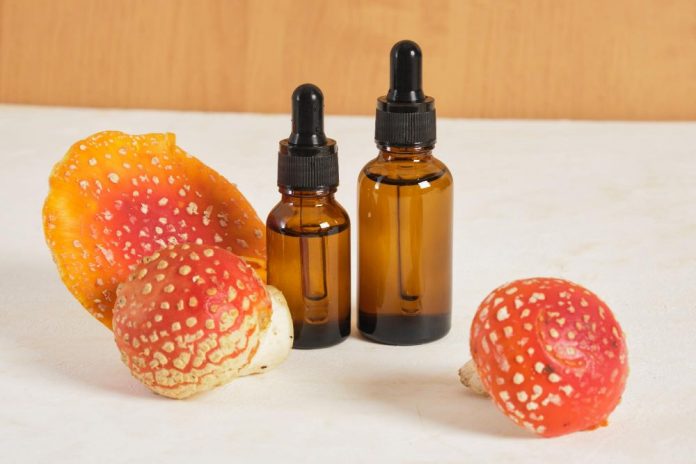A single dose was found to probably alleviate depression symptoms; however, potential side-effects may occur in some individuals.
ccording to a new study published in The New England Journal of Medicine, treatment-resistant depression symptoms could be reduced following the administration of synthesized psilocybin, an active compound found in psychedelic mushrooms.
Recent results of a multicentre clinical trial across 22 international locations – the largest of its type – reported that psilocybin therapy can successfully reduce depression symptoms in individuals who are resistant to other treatment approaches. Nevertheless, serious side-effects may occur, such as headaches, nausea, dizziness, fatigue, and self-harm related thoughts.
Psilocybin is a psychedelic substance found in different mushroom varieties originating from the United States, South America, and Mexico, also used by indigenous populations for certain traditional medicine treatments or religious rituals.
However, “in the mid-1900s it was used to treat addiction, depression, [and] even things like post-traumatic stress disorder [PTSD],” explained Dr. David A. Merrill, psychiatrist, and director of the Pacific Neuroscience Institute’s Pacific Brain Health Center in Santa Monica.
Yet, despite promising results, psilocybin is not approved for medical use by either DEA or FDA, which remains a problem for the future applicability of the possible antidepressant drug.
“Psilocybin is being looked at a lot now for treatment-resistant depression. And so it’s really a legal, political question of how much data is enough to get legalization of psilocybin given that its efficacy is well established for decades, if not centuries. […] So in an ideal world, this data will be leveraged to gain not only legalization of psilocybin, but also insurance coverage to improve access”, Dr. Merrill added.
Promising study data
The latest medical trial examined the impact of COMP360 synthetic psilocybin on people showing mild signs of depression. According to the researchers, participants who were given 25 milligrams of COMP360 showed a significant decrease in their symptoms 3 weeks post-treatment.
“These findings are a positive step in the right direction. Our task now is to investigate psilocybin for treatment-resistant depression in larger trials with more participants, comparing it both to placebo and to established treatments,” commented Dr. James Rucker, psychiatrist and co-lead of the Psychoactive Trials Group.
Nevertheless, side-effects may occur, such as headaches, nausea, dizziness, fatigue, and self-harm related thoughts. Suicidal ideation was another serious adverse reaction of psilocybin. According to Dr. Merrill, if ever approved, the treatment should only be prescribed and applied by experienced medical professionals in order to control dissociation, hallucinations, or any other psychedelic effects.
As for the future, larger multi-site trials will be necessary in order to asses the ideal doses of the treatment protocol as well as a long-term efficacy strategy for individuals resistant to other approaches and a favourable response to psilocybin.
source: medicalnewstoday.com










